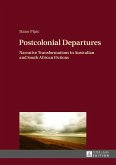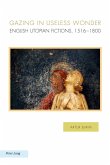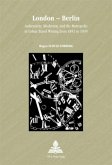This book attempts an innovative exploration of the connection between humour and scepticism in the English literary canon. Defining humour as a capability, or better put, as a dunamis, it looks into its 'energeiac' forms of actualisation in the English literary imagination from Chaucer to Sterne. Refraining from attributing an essentialist tone and mode to the theoretical and critical reception of English humour, and also humour in a wider context, it works instead within a literary nominalist framework where it is explored as a literary phenomenon that sides with the living, the multifarious, and the experiential dimensions of human action. In doing so, it develops a broader argument concerning the nominalist overtones of English humour where its prominent scepticism purports an epistemological break with the dominant forces of universalism; an argumentative force which cyclically acquires its tenets from the preliminary discussion that focuses on the dynamicism of humour.








